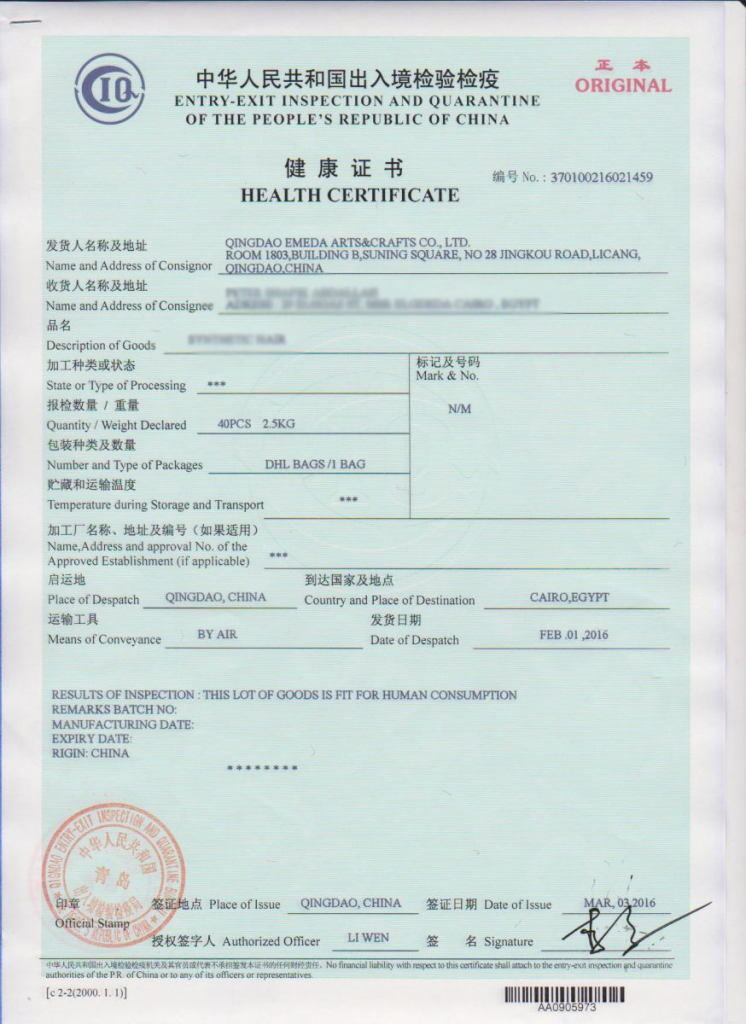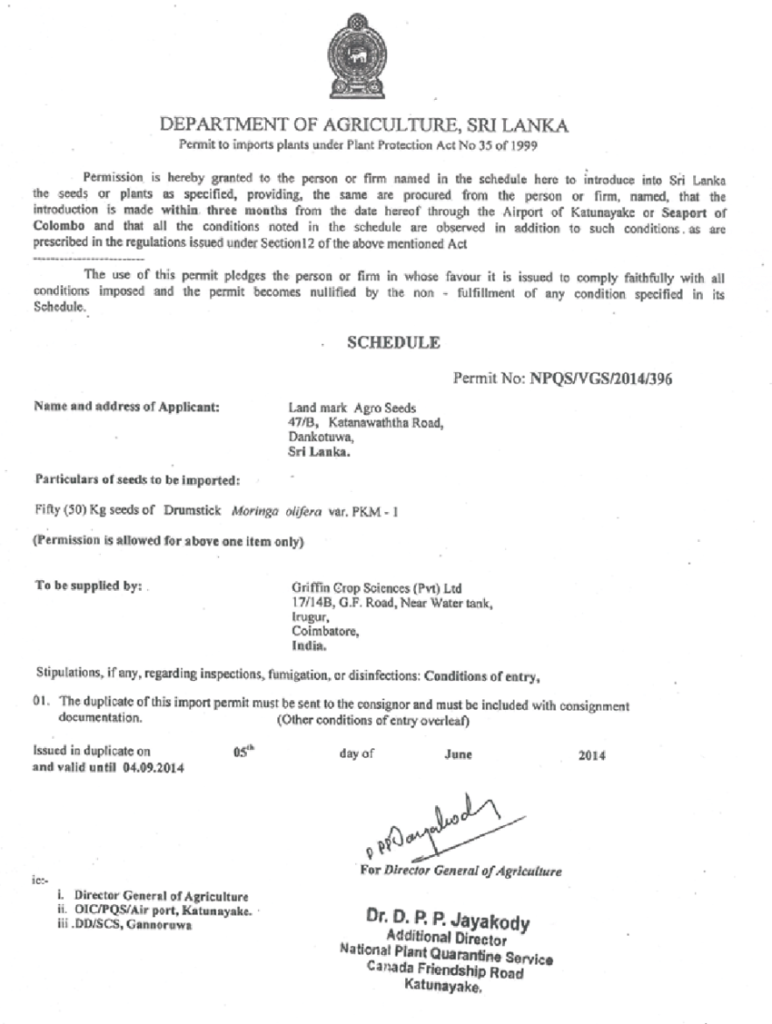The specific certifications required for importing pet food can vary depending on the country to which you are importing the products. Import regulations and requirements are typically established by the destination country’s government authorities responsible for food safety and animal health. Here are some general considerations and certifications that are often required:
- Health Certificate:

Many countries require a health certificate issued by the relevant authorities in the exporting country. This document confirms that the pet food meets the health and safety standards of the importing country.
2.Product Registration:

Some countries may require the registration of pet food products before they can be imported. This involves submitting information about the product, its ingredients, and its compliance with local regulations.
3.Labeling Compliance:

Ensure that the pet food packaging complies with the labeling requirements of the importing country. This may include details such as product name, ingredients, nutritional information, and feeding instructions in the language of the destination country.
4.Analysis and Testing:

Some countries may require laboratory analysis and testing of the pet food to ensure that it meets specific standards for ingredients, contaminants, and nutritional content.
5.Country of Origin Declaration:

A declaration stating the country of origin of the pet food is often required. This information helps in tracing the source of the product and may be essential for import clearance.
6.Customs Documentation:

Standard customs documentation, such as an invoice, packing list, and bill of lading or airway bill, is typically required for the importation of goods.
7.Import Permit:

Certain countries may require an import permit for pet food. This is a document issued by the importing country’s authorities that grants permission for the importation of specific products.
It’s crucial to contact the relevant authorities in the importing country or work with a qualified customs broker to obtain accurate and up-to-date information on the specific requirements for importing pet food. Import regulations can change, and compliance is essential to avoid any issues with customs and to ensure the safety of the products for pets.




